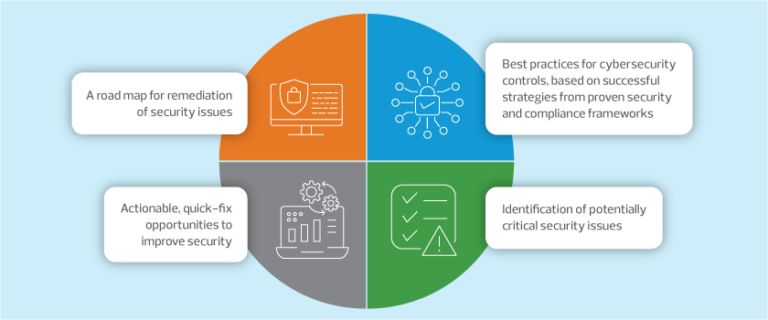The Future of Quantum Cryptography in Securing Government Communications
Quantum cryptography is a cutting-edge technology that leverages the principles of quantum mechanics to ensure secure communication. Unlike classical cryptography, which relies on mathematical algorithms, quantum cryptography utilizes the unique properties of quantum physics to safeguard data transmission. One of the key features of quantum cryptography is its ability to detect any eavesdropping attempts, as any unauthorized interception would disrupt the fragile quantum state of particles being used for encryption.
The fundamental concept behind quantum cryptography is the principle of quantum superposition and entanglement. By encoding information in quantum bits, or qubits, which can exist in multiple states simultaneously, quantum cryptography creates a secure communication channel that is virtually impenetrable. This revolutionary approach to encryption has the potential to revolutionize data security, offering a level of protection that is unparalleled in the realm of traditional cryptography.
Understanding the Basics of Quantum Computing
Quantum computing is a cutting-edge field that utilizes the principles of quantum mechanics to process information. Unlike classical computers that use bits to store information as either 0s or 1s, quantum computers use qubits, which can exist in multiple states simultaneously due to superposition and entanglement. This allows quantum computers to perform complex calculations at a much faster rate than traditional computers, making them a potential game-changer in various industries.
One of the key concepts in quantum computing is superposition, which allows a qubit to be in a state of 0, 1, or both 0 and 1 simultaneously. This property enables quantum computers to process a vast amount of data in parallel, leading to exponential speed-ups in solving certain types of problems. Additionally, entanglement plays a crucial role in quantum computing by linking the states of qubits together, even when they are separated by large distances. This phenomenon allows quantum computers to perform calculations that would be impossible for classical computers, opening up new possibilities for tackling complex computational tasks.
Challenges in Traditional Cryptography for Government Communications
Traditional cryptography has long been relied upon by governments worldwide to secure sensitive communications and protect classified information. However, advancements in technology have exposed vulnerabilities in these conventional encryption methods, leaving government communications susceptible to sophisticated cyber threats. The rise of quantum computers poses a significant challenge to traditional cryptographic techniques, as these powerful machines have the potential to break current encryption algorithms with unparalleled speed and efficiency.
Moreover, the increasing interconnectedness of global communication networks has magnified the risk of unauthorized access to classified government information. The use of quantum-resistant algorithms has emerged as a potential solution to address the weaknesses in traditional cryptographic systems. Government agencies must adapt to this rapidly evolving landscape by investing in quantum-safe encryption technologies to ensure the confidentiality and integrity of their communications in the face of escalating cyber threats.
What is quantum cryptography?
Quantum cryptography is a secure communication method that uses principles of quantum mechanics to encrypt and decrypt messages.
How does quantum cryptography differ from traditional cryptography?
Quantum cryptography offers a higher level of security as it is based on the physical properties of quantum particles, making it virtually impossible to intercept messages without detection.
What are the basics of quantum computing?
Quantum computing is a field that explores the use of quantum-mechanical phenomena such as superposition and entanglement to perform computation.
How does quantum computing pose a challenge to traditional cryptography for government communications?
Quantum computers have the potential to break traditional encryption algorithms used in government communications, posing a significant security threat.
What steps are being taken to address the challenges posed by quantum computing in government communications?
Researchers are working on developing quantum-resistant encryption algorithms and exploring the use of quantum cryptography to enhance the security of government communications.






